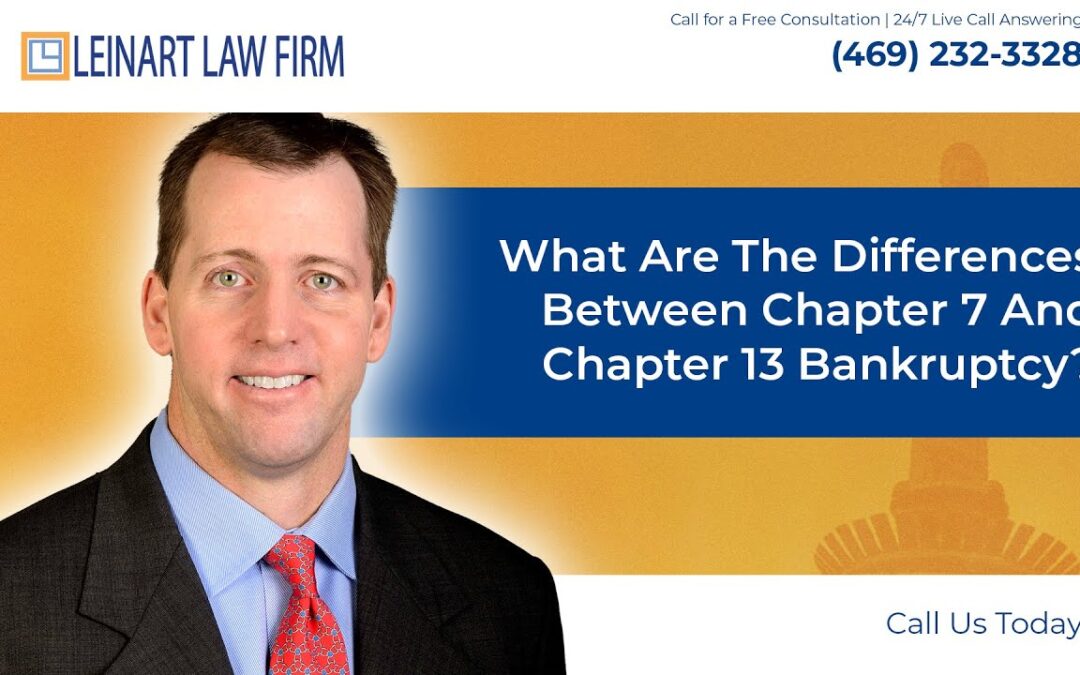This transcript was auto-populated.
Transcript:
00:00:03 a Chapter 7 bankruptcy can be done either for a corporation like a LLC or C Corp but those are pretty rare a chapter 7 is primarily an individual bankruptcy case and what that does is just to completely wipe out or legally discharge all of your unsecured debts so that would be credit cards medical bills collection accounts payday loans and certain older IRS taxes the general test for that would be taxes that were filed on time and uh at least three years old so those things would all be completely gone and
00:00:52 wiped out the individual wouldn’t owe them anymore and for things like house and car loans if someone wants to keep those then nothing changes they just continue making those payments as normal then Chapter 13 Bankruptcy that is a payment plan through the court mostly five years but it can be 3 to five years and most people are paying for things through that case like often most of the attorney’s fees can be rolled in but the biggest things are often an entire vehicle balance or sometimes just the
00:01:27 Blue Book value is paid back and of often that comes with a reduction in interest rate recent IRS taxes can be paid through that back mortgage payments uh that are passed due property taxes things like that and then the unsecured debts the credit cards and medical bills and things most people pay back little or nothing in Chapter 13 and just like chapter 7 that’s a common misconception some people pay a bit more depending on their income but most people don’t have to pay any of that either so if they
00:02:03 finish the full five years they come out with a car paid off their house payments completely caught up and the rest of all their unsecured debt gone


